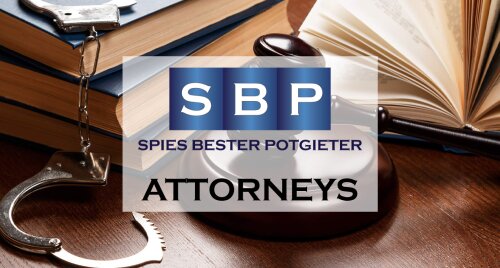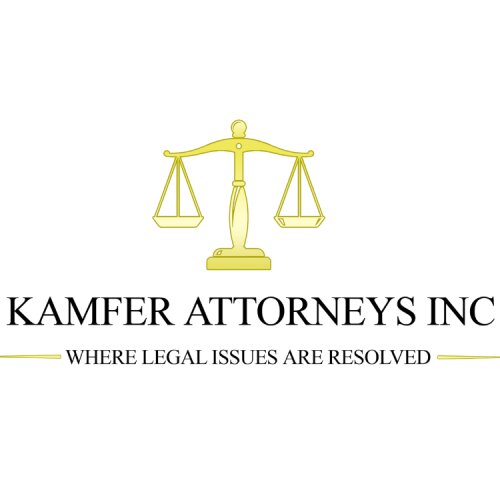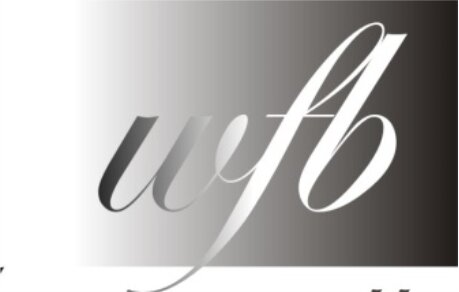Best Trusts Lawyers in Pretoria
Share your needs with us, get contacted by law firms.
Free. Takes 2 min.
List of the best lawyers in Pretoria, South Africa
About Trusts Law in Pretoria, South Africa
Trusts Law in Pretoria and, more broadly, South Africa is part of the nation's law dealing with the management, control, and protection of assets through a structure known as a 'trust fund.' A trust fund is created by an individual-also known as the 'trustor'-who transfers certain assets to the 'trustee.' The trustee is then responsible, legally, to manage these assets for the benefit of the 'beneficiaries.' Trust Law governs the formalities of setting up a trust, the rights, obligations of each party, and the specific rules regarding the management of assets.
Why You May Need a Lawyer
Crafting and managing a trust is a complicated legal task, filled with important responsibilities and potential legal pitfalls. Common situations where you may require a lawyer include when you want to set up a trust, when there are disputes amongst beneficiaries, or if you believe the trust isn't managed properly. A lawyer can provide valuable guidance, scrutinize every detail and help ensure compliance with the law.
Local Laws Overview
Trusts in Pretoria are governed by three main pieces of legislation: the Trust Property Control Act, the Income Tax Act, and the Estate Duty Act. The Trust Property Control Act provides for the registration and control of trust property and for matters connected. The Income Tax Act and Estate Duty Act have several provisions related to the taxation of trusts. Each has different sections which regulate how trusts are taxed, the duties and responsibilities of trustees, and the rights of beneficiaries.
Frequently Asked Questions
What is a trust?
A trust is a legal entity created by a trust founder, that appoints trustees to manage the trust assets within the stipulated terms for the benefit of the beneficiaries.
What types of trusts exist in Pretoria, South Africa?
There are mainly three types of trusts in South Africa, namely: testamentary trusts, inter vivos (living) trusts, and special trusts.
What are the duties of a trustee?
The trustee must act in the best interests of the beneficiaries, administer trust property with the same care as a person of business, and keep accurate accounting records, amongst others.
How is a trust taxed in Pretoria, South Africa?
Trust income is normally taxed at a flat rate of 45%, but there can be exceptions depending on the nature of the income and the type of trust.
What is the process of creating a trust in Pretoria?
To create a trust, you must draft and sign a trust deed, appoint the trustees, register the trust with the Master of the High Court, and transfer the assets into the trust.
Additional Resources
The Master of the High Court in Pretoria can provide crucial information on trust law and their administration. The South African Revenue Service website has information regarding the taxation of trusts. Consulting a qualified trust attorney or financial advisor can help with specific queries.
Next Steps
If you require legal assistance with trusts, identify your needs and consult with a qualified lawyer well-versed with Trusts Law. They will be able to offer you guidance tailored to your specific situation and ensure that your assets are protected and managed in a way that is beneficial to everyone involved, adhering to the law's provisions. Remember to provide them with all relevant documents and disclose all necessary information.
Lawzana helps you find the best lawyers and law firms in Pretoria through a curated and pre-screened list of qualified legal professionals. Our platform offers rankings and detailed profiles of attorneys and law firms, allowing you to compare based on practice areas, including Trusts, experience, and client feedback.
Each profile includes a description of the firm's areas of practice, client reviews, team members and partners, year of establishment, spoken languages, office locations, contact information, social media presence, and any published articles or resources. Most firms on our platform speak English and are experienced in both local and international legal matters.
Get a quote from top-rated law firms in Pretoria, South Africa — quickly, securely, and without unnecessary hassle.
Disclaimer:
The information provided on this page is for general informational purposes only and does not constitute legal advice. While we strive to ensure the accuracy and relevance of the content, legal information may change over time, and interpretations of the law can vary. You should always consult with a qualified legal professional for advice specific to your situation.
We disclaim all liability for actions taken or not taken based on the content of this page. If you believe any information is incorrect or outdated, please contact us, and we will review and update it where appropriate.

















